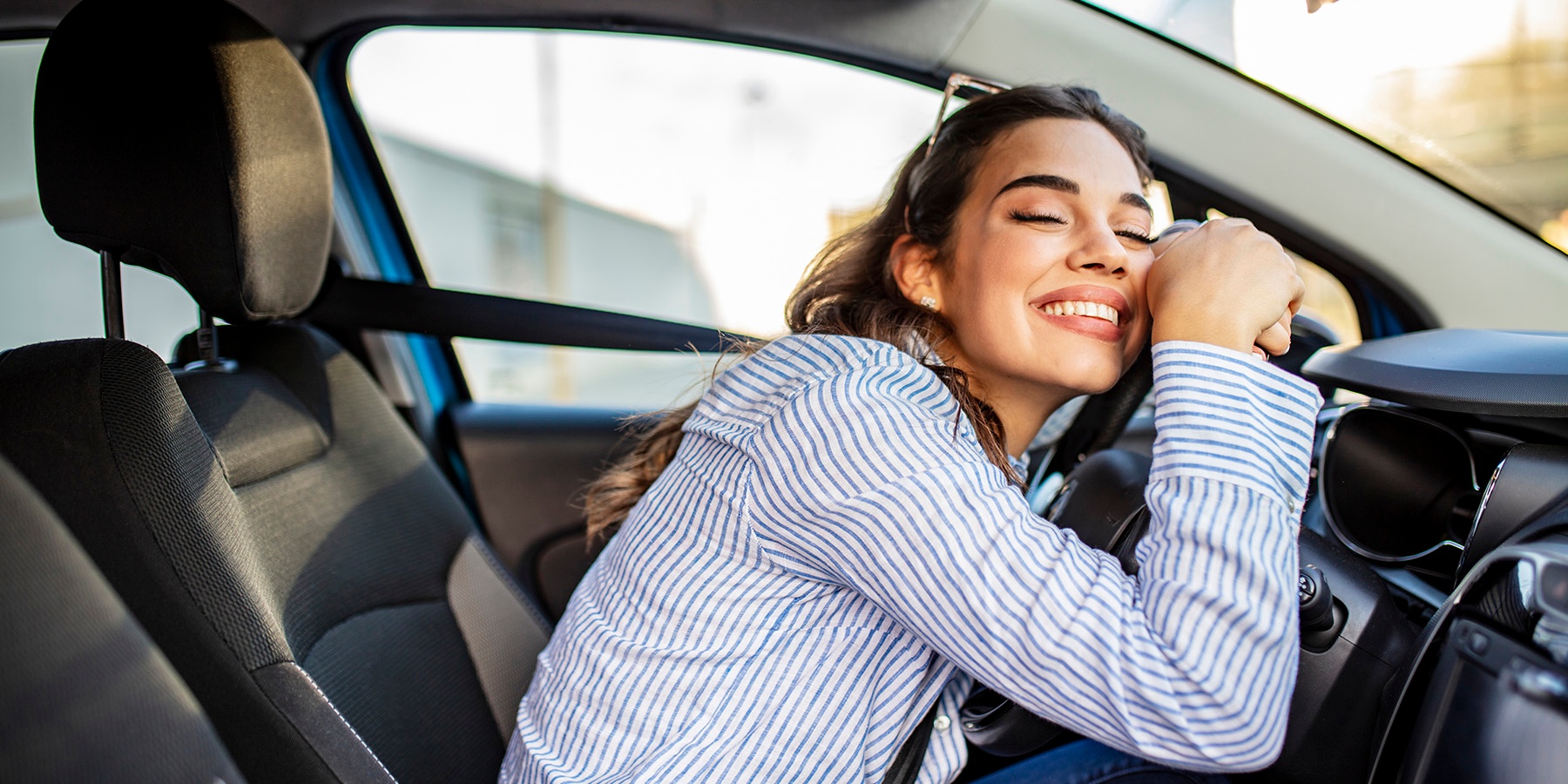What kind of car insurance do you need?
Mandatory for all: by law, everyone who has a car in Switzerland must take out motor vehicle liability insurance. This covers damage that you cause to third parties with your vehicle. As soon as you have taken out liability insurance, your provider will send proof of insurance to the relevant road traffic department, and you can register your new car.
Optional: partial or fully comprehensive insurance and additional coverage are not mandatory, but they are recommended.
Mandatory for leased cars: in most cases, fully comprehensive insurance is required if you lease a car.

